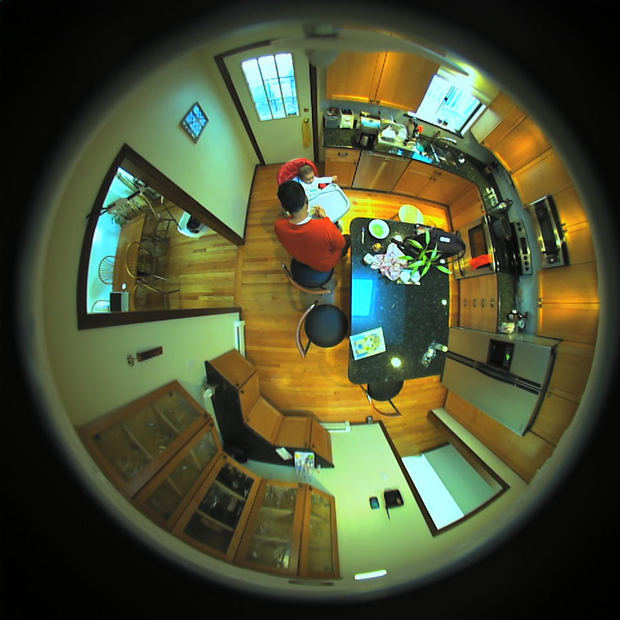admittedly, i like mondays.
i think it's because i can go to the office and back to work. that either means that i really like my job .. or that i really hate my life.
i like to think that it's the first case that holds. (-:
back when i lived in the states, i used to have no qualms about going to the office on weekends .. especially where i was a student. on the other hand, that was a college town in which, to get from one end to the other, it would probably take at most 30-40 minutes by bicycle.
here in finland, however, i somehow intuit it as "culturally wrong" to stop by the office between friday evening and monday morning. that doesn't mean that my colleagues don't work on weekends .. but those who do, they tell me that they work at home.
as for me, i do a little work on weekends .. but having all sorts of alternatives around me,
i could go to a cafe, of course. they seem different, though, here in finland and other parts of europe.
maybe as an american, the notion of a cafe is foreign to me and the closest approximations are indie coffeehouses that are most easily found in college towns or highly-urbanised cities, or those ubiquitous starbucks chains. in both cases, it's perfectly common to see people drinking coffee and "working" on laptops.
perhaps i go to the wrong cafes or perhaps i visit them at the wrong hours, but i rarely see that sort of thing in helsinki. it could be argued, of course, that this is a sign of civilised life.
i mean, imagine it:
cafes as places where people actually chat and enjoy themselves ..?
i should get my head examined! q-:
i think it's because i can go to the office and back to work. that either means that i really like my job .. or that i really hate my life.
i like to think that it's the first case that holds. (-:
back when i lived in the states, i used to have no qualms about going to the office on weekends .. especially where i was a student. on the other hand, that was a college town in which, to get from one end to the other, it would probably take at most 30-40 minutes by bicycle.
here in finland, however, i somehow intuit it as "culturally wrong" to stop by the office between friday evening and monday morning. that doesn't mean that my colleagues don't work on weekends .. but those who do, they tell me that they work at home.
as for me, i do a little work on weekends .. but having all sorts of alternatives around me,
- like a stack of (leisure) books to read,
- a journal to write in,
- a trail system near my home to explore,
- friends to call and meet up ..
i could go to a cafe, of course. they seem different, though, here in finland and other parts of europe.
maybe as an american, the notion of a cafe is foreign to me and the closest approximations are indie coffeehouses that are most easily found in college towns or highly-urbanised cities, or those ubiquitous starbucks chains. in both cases, it's perfectly common to see people drinking coffee and "working" on laptops.
perhaps i go to the wrong cafes or perhaps i visit them at the wrong hours, but i rarely see that sort of thing in helsinki. it could be argued, of course, that this is a sign of civilised life.
i mean, imagine it:
cafes as places where people actually chat and enjoy themselves ..?
i should get my head examined! q-:


 ,
,  .
. ,
,  .
.

